“We are afraid. We are tired. We are alone.”
These words were shared by Palestinians to a friend of mine who recently visited the West Bank on a Solidarity Tour. My friend maintains daily contact with individuals in Gaza and regularly communicates with others in the West Bank and Jerusalem. For years, she has worked tirelessly for a just peace in this war-torn, chaotic region of the world. Though some days she is overwhelmed by the horror of it all, she continues to do the work of peacebuilding. In both dark and light times, the mission is clear: keep doing the work.
My friend works for the Mennonite Central Committee (MCC). Following the October 7th, 2023, Hamas-led attack on Israel, MCC released this statement:
“MCC laments the unfolding tragedy in Palestine and Israel and mourns the lives that have already been lost. We oppose the use of violence as a response to injustice or as retaliation for violence. We urge world leaders to encourage immediate de-escalation and hold all parties to the same standard of international law regarding the protection of civilians and respect for human rights.
We are seeing again that violence begets more violence. Only by addressing the underlying issues—including ending decades of oppression of Palestinians through a brutal military occupation—will Palestinians and Israelis have a chance to finally live in peace.
We urge the Canadian government to call for an end to the current violence and work to address the underlying causes of violence, rather than supporting militarized responses.”¹
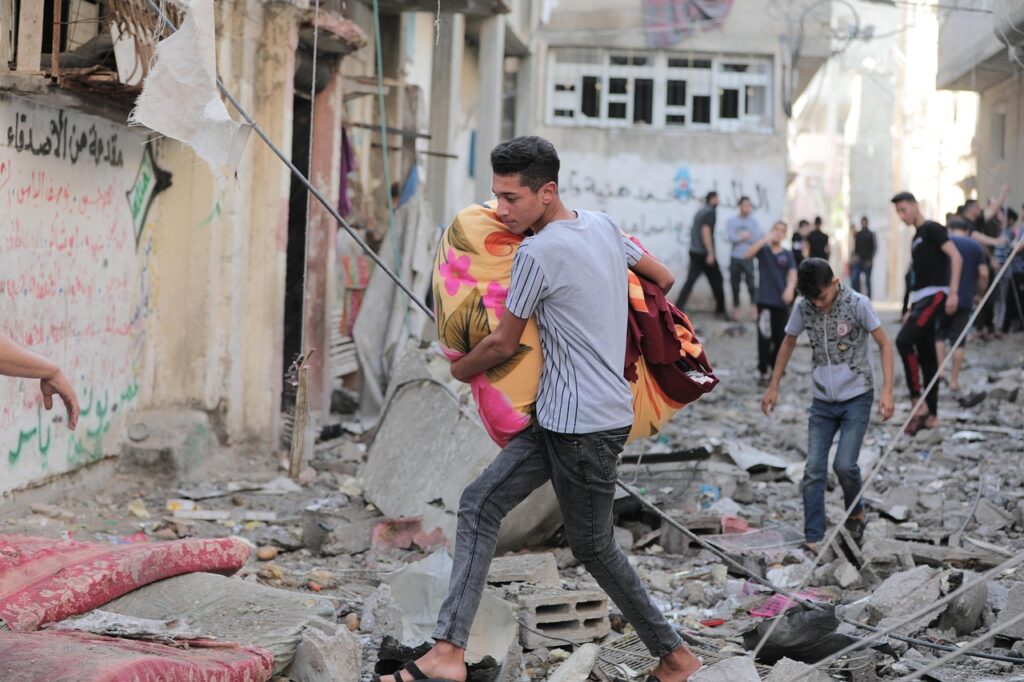
The underlying issues persist:
- the illegal occupation of Palestinian territory (Gaza, the West Bank, and East Jerusalem—settler colonization)
- the destruction of Palestinian economic infrastructure (e.g., widespread demolition of olive tree groves)
- the unjust distribution of necessities (Palestinian homes receive water once a week, while Israeli citizens are supplied 24/7)
- the destruction of vital societal infrastructure, such as hospitals, universities, and family homes (130,000 homes destroyed since 1948, not including those demolished in the current conflict).
There has also been a significant increase in checkpoints imposed by the Israeli Defense Forces (IDF) throughout the West Bank, from 500 to over 900. Additionally, the unjust imprisonment and torture of Palestinians continues.
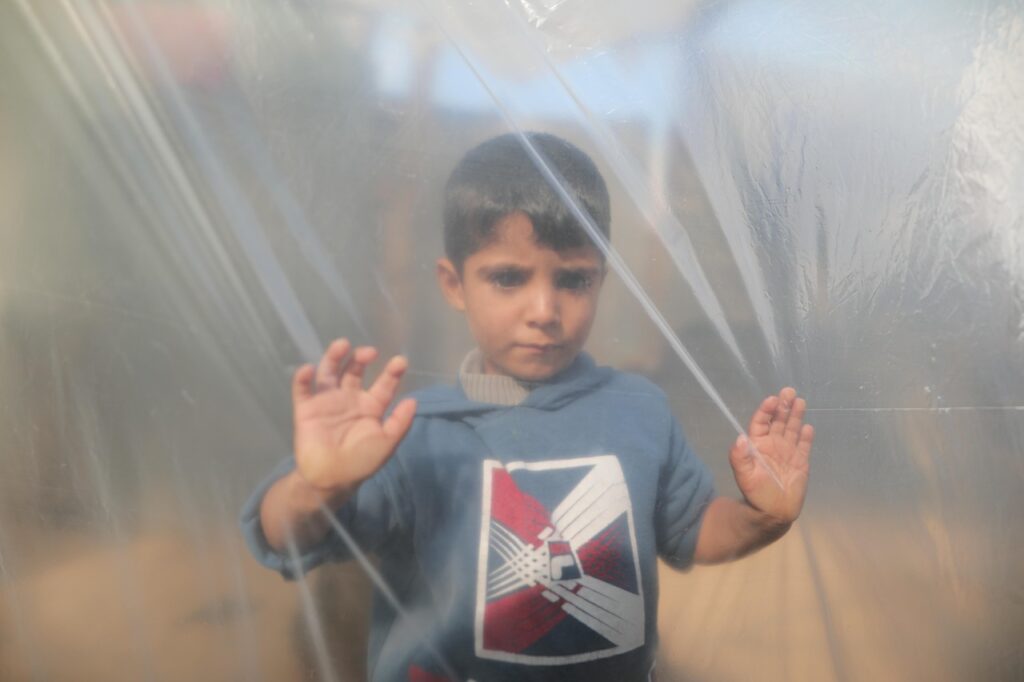
When such issues are allowed to persist—and even proliferate—the outcome can only be described as genocide. The United Nations defines genocide as acts committed with the intent to destroy, in whole or in part, a national, ethnical, racial, or religious group.²
Atrocities have occurred on both sides, and as violence escalates, so does hatred, fueling an endless cycle. The politics of the Middle East are complex, with alliances and enmities shifting as powers vie for influence, all while civilians and human rights are disregarded. A recent proposal by the American president to redevelop the Gaza Strip into an international beach resort under US control is a stark example of this disregard. Yes, 1.8 million Palestinians—be damned.
But back to my friend.
She gives me courage.
I told her I would write this reflection. It’s a small gesture in bearing witness to the suffering of the Palestinian people, who endure the consequences of Israeli foreign policy and religious Zionism. It’s a small way to tell their story. They are afraid, tired, and alone. My friend sees them.
For a list of reliable resources on this issue, see the blog article: The Crisis in Gaza: How We Can Help
¹ MCC U.S. National Peace & Justice Ministries, October 2023 E-memo (personal communication, October 19, 2023)
² https://www.un.org/en/genocide-prevention/definition
Sandra Stewart is a member of the Sisters of Our Lady of the Missions in Winnipeg. Originally from Windsor, ON she has spent most of her religious life in Manitoba but has also served in France, Senegal and Papua New Guinea. She holds a Masters degree in Pastoral Studies from Loyola University in Chicago, majoring in spiritual accompaniment from the Institute for Spiritual Leadership.
Presently she serves as a spiritual director, a facilitator of Centering Prayer workshops, and an advocate for social and environmental justice.
Sandra currently serves on her community’s province leadership team in Canada.

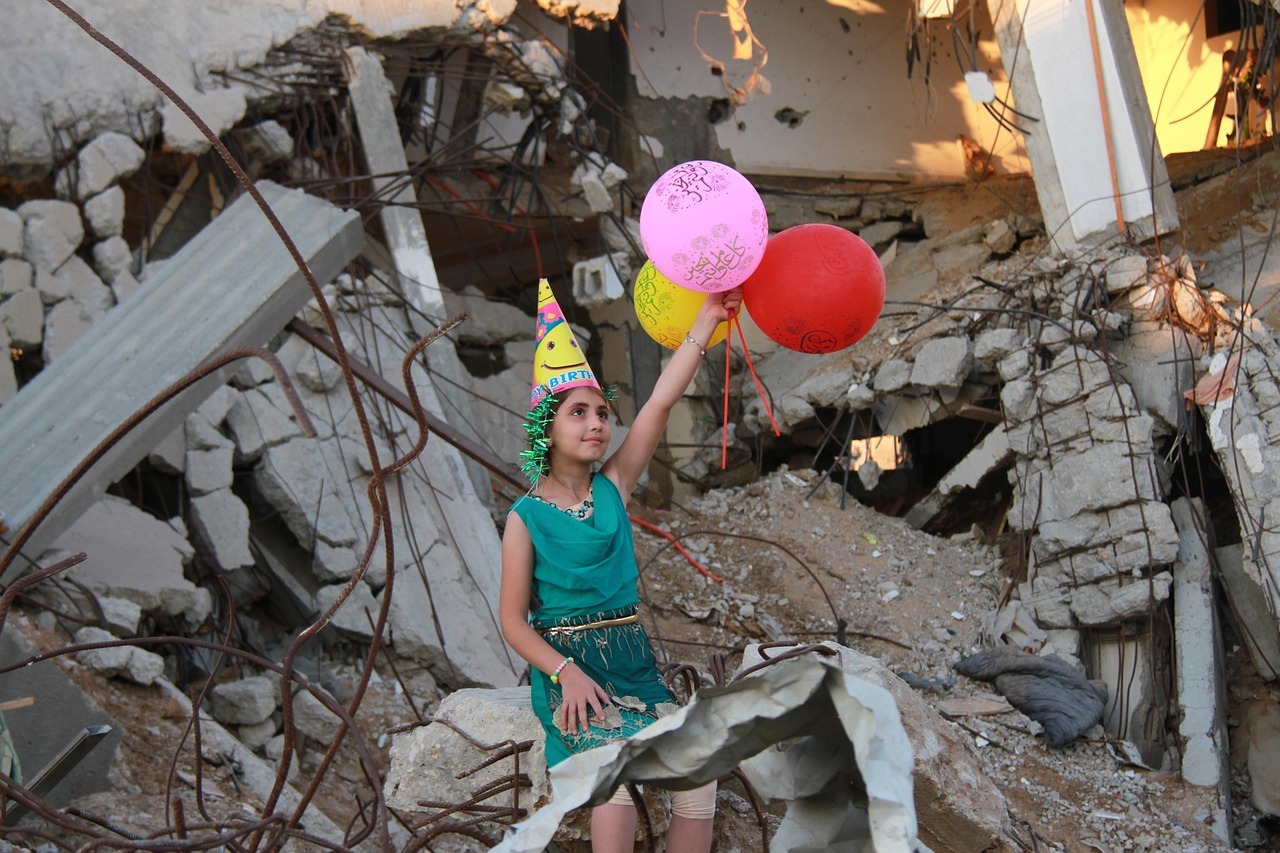

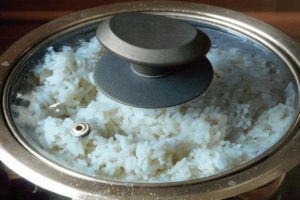
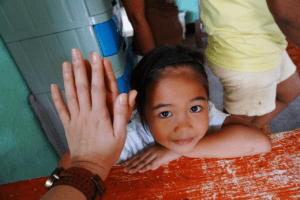
Thank you for this glimpse inside the ongoing tragedy that is Gaza. Thanks also for your subsequent Blog post that lists reliable resources on this issue. As you say, the important thing is to do the work in front of us. Thank you for the many ways you “keep doing the work”.
Thanks Sandy. Good to know you’re’ doing there what we’re doing here in solidarity.